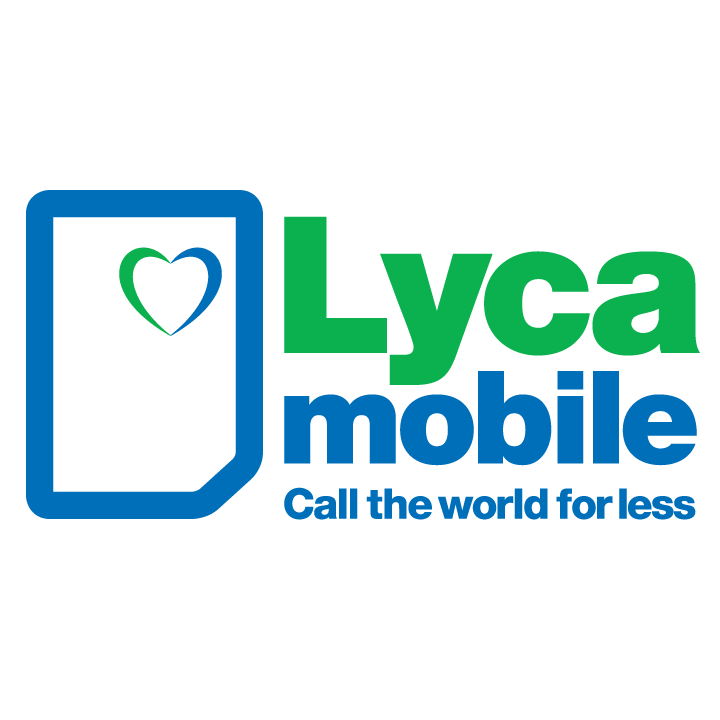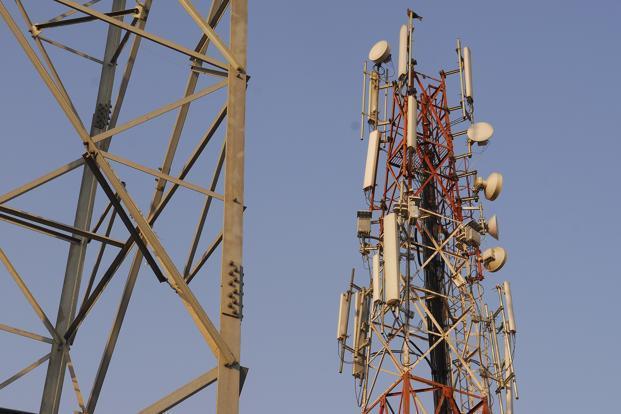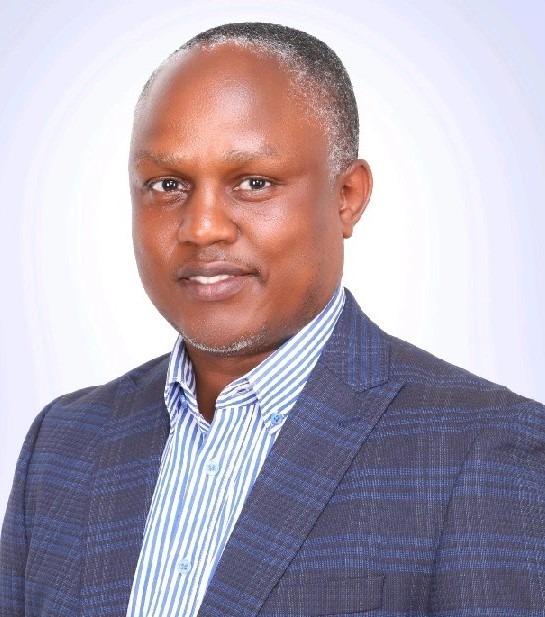A new telecom company, Lycamobile, has announced its entry into the Ugandan market in what will cause some excitement to a sector that has been a rather dull duel between MTN and Airtel. But Ugandans will also be watching from the side of the eye to see what Lycamobile will do differently to survive, that others that fell by the wayside before them, didn’t do.
Addressing journalists at the Sheraton Hotel, Jeya Seelan, the company’s managing director in Uganda said they come on a promise to offer “high speed internet, better call services … and to roll out to the whole country within six months.”
In a market widely thought to be saturated, the big news in the sector has tended to be more about which telco is folding, bought out or merging. Between 2010 and now, Vodafone, Warid Telecom, Orange Telecom, Smart Telecom, K24 have either folded, been bought out or merged with another. Uganda Telecom is on life support principally because of Government interest in it.
This scenario left two players, MTN and Airtel as the two giants in the market. Africell and Uganda Telecom are the other albeit smaller voice and data players. Another measure of other service providers mainly in the data segment including Liquid Telecom, Smile Telecom, Roke Telecom, Tangarine Telecom.
While Lycamobile’s advent might cause some excitement in the market, it is instructive to know that they are coming in as a Mobile Virtual Network Operator (MVNO) not as a Mobile Network Operator (MNO). The difference is that MVNOS have no network of their own; they simply lease/buy and resale communication capacity/services from other network operators. The MNOs, like MTN and Airtel, on the other hand, own and run network infrastructure like masts, towers, control rooms, etc.
Until recently both MTN and Airtel each built and maintained their own masts and towers. They have since divested themselves from building, ownership and maintaining masts and towers. Most masts and towers in the country have now been sold and therefore owned and maintained by American Tower Corporation (ATC) -and Eaton Towers. In mid-2019, ATC announced acquisition of Eaton Towers. Last week MTN announced sale of its tower assets in Uganda and Ghana to ATC at a cost of US$ 6 billion.
Both MTN and Airtel however still operate networks. Lycamobile will be buying “network” from the existing network operators to resell.
Accordingly, Lycamobile’s coming into the market will be watched with baited breath by industry wonks. First, industry observers will watch to see what strategies the new telco will deploy to wrestle subscribers from the two market giants- MTN and Airtel, from whom it is also likely to buy services from, at a discount.
Recent statistics from the Uganda Communications Commission shows that there are currently about 25 million subscribers of mobile telcom services in the country. It is not easy to establish the proportions because while MTN claims that they have about 15 million subscribers, Airtel claims that have overtaken MTN in terms of the number of subscribers. But we also know that in 2018/19, Airtel overtook MTN as the biggest tax payer in the country.
But the question that will be on the mind of many Ugandans is who exactly is Lycamobile that hopes to crack the whammy that the country’s telco market has become?
Lycamobile was founded and registered in the UK in 2006. It is owned by the 48 year old British/Tamil tycoon, Subaskaran Allirajah. Today, the company has a presence in over 20 countries mainly in western Europe- UK, Republic of Ireland, Macedonia but more especially in the Schengen region (Austria, Belgium, Denmark, Italy, France, Germany, Netherlands, Norway, Sweden, Switzerland, Greece, Poland, Portugal, Spain). It is operating in a few countries in eastern Europe- Romania, Russia, Ukraine, and has its wings as far afield as Australia, Hong Kong, United States of America.
Uganda is the third country in Africa for Lycamobile to open shop, after Tunisia and South Africa. The telco however boasts a 15 million clientele in some of the world’s well established markets.
Lycamobile’s origins, you could say, lie in the devastating Tamil war in northern Sri Lanka. Born a Tamil, Allijarah had to flee the war in his home country as a young man in the 1990s. He joined his brother in Paris, France, where they initially started a restaurant and a grocery. One of the items the grocery sold back in the day, when not everyone owned a mobile phone, were telephone cards for making international calls. At one point the distributor of the cards stopped supplying their store. Allijarah got the idea to make the cards himself and sell them.
“Suddenly, the distributor stopped supplying, and customers were running round trying to find cards. Other incumbents were too expensive… my brother and I thought, ‘why don’t we just start selling them ourselves?’” he told City A.M, a UK lifestyle magazine a few years ago.
He set up his own company, Lycatel, to sell international calling cards. As times went by, he had to adapt his business to the fast moving telco world. Lycamobile, as an MVNO, is his idea of bringing the calling card into the mobile phone. The rest, as they say, is history.













